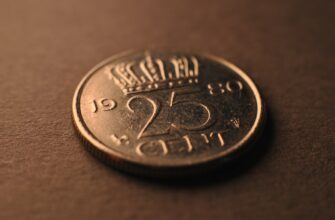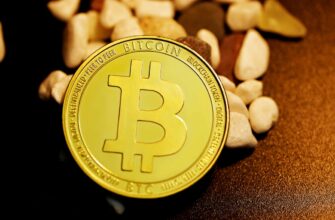- What is Crypto Cash and Why Buy It?
- Step-by-Step: How to Buy Crypto Cash Safely
- Top 5 Crypto Buying Platforms Compared
- Essential Safety Tips for Crypto Buyers
- Understanding Fees and Payment Methods
- FAQs: Buying Crypto Cash Answered
- What’s the minimum amount to buy crypto cash?
- Can I buy crypto cash anonymously?
- How long does a crypto purchase take?
- What’s the safest way to store crypto?
- Can I reverse a crypto transaction?
- Next Steps After Buying Crypto Cash
What is Crypto Cash and Why Buy It?
Crypto Cash refers to digital currencies like Bitcoin, Ethereum, and stablecoins that function as decentralized alternatives to traditional money. Unlike physical cash, these cryptocurrencies operate on blockchain technology, offering benefits like borderless transactions, inflation resistance, and potential investment growth. With over 420 million crypto users worldwide, understanding how to buy crypto cash is essential for participating in the digital economy.
Step-by-Step: How to Buy Crypto Cash Safely
- Choose a Reputable Exchange: Select platforms like Coinbase, Binance, or Kraken that offer strong security and user-friendly interfaces
- Create & Verify Your Account: Provide ID documents for KYC verification (typically takes 10-30 minutes)
- Deposit Funds: Link your bank account, use debit/credit cards, or transfer existing crypto
- Select Your Cryptocurrency: Choose from major coins like Bitcoin (BTC) or Ethereum (ETH), or stablecoins like USDC
- Place Your Order: Use market orders for instant purchases or limit orders for target prices
- Transfer to a Secure Wallet: Move funds from the exchange to hardware wallets (Ledger/Trezor) or software wallets (MetaMask)
Top 5 Crypto Buying Platforms Compared
- Coinbase: Best for beginners • 100+ coins • Insured custodial wallets
- Binance: Lowest fees • Advanced trading tools • 350+ cryptocurrencies
- Kraken: Top security • Staking options • Futures trading
- Gemini: Regulatory compliance • Gemini Dollar stablecoin • Free withdrawals
- Crypto.com: Visa debit card rewards • NFT marketplace • 250+ coins
Essential Safety Tips for Crypto Buyers
- Enable two-factor authentication (2FA) on all accounts
- Never share private keys or recovery phrases
- Verify website URLs to avoid phishing scams
- Start with small purchases to test platforms
- Use cold storage wallets for long-term holdings
Understanding Fees and Payment Methods
Buying crypto cash involves varying fees: Credit card purchases typically cost 3-5%, bank transfers 0-1.5%, and trading fees range 0.1-0.5%. Payment speed differs too – card purchases are instant but costlier, while bank transfers take 1-3 days. For frequent traders, platforms like Binance offer fee discounts through native tokens (BNB). Always check fee structures before transacting.
FAQs: Buying Crypto Cash Answered
What’s the minimum amount to buy crypto cash?
Most exchanges allow purchases as low as $10-$20. Fractional buying lets you own portions of expensive coins like Bitcoin.
Can I buy crypto cash anonymously?
Regulated exchanges require ID verification. For more privacy, consider decentralized exchanges (DEXs) like Uniswap, though they have steeper learning curves.
How long does a crypto purchase take?
Card purchases are instant. Bank transfers take 1-3 business days. Blockchain transaction times vary – Bitcoin averages 10 minutes, while Solana takes seconds.
What’s the safest way to store crypto?
Hardware wallets provide maximum security for substantial holdings. For smaller amounts, non-custodial software wallets like Exodus offer good protection.
Can I reverse a crypto transaction?
No. Blockchain transactions are irreversible. Always double-check wallet addresses before sending.
Next Steps After Buying Crypto Cash
Once purchased, consider dollar-cost averaging to mitigate volatility, explore staking for passive income, or use crypto debit cards for everyday spending. Track prices through apps like CoinMarketCap, and never invest more than you can afford to lose. The crypto market operates 24/7 – stay informed through reputable sources like CoinDesk or Cointelegraph.








